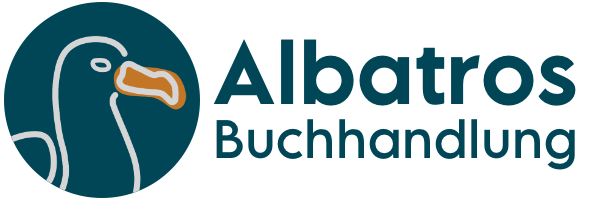Beschreibung
The treatment of wastewater before disposal can reduce risks of environmental pollution, and also can reduce hazards to the living environment (human, animals, fishes, and vegetation). More goals can be achieved by regarding the treated effluent as a resource for sustainable development, rather than be a material disposed off. The optimisation of this practice requires intensive investigation and studies before using the treated wastewater, in a wide scale, as a resource. This study has focused on regarding the treated wastewater as a reliable source for crops irrigation in arid and semi-arid areas, where there is a significant volume of generated wastewater. An experimental irrigation fieldwork has taken place in south Agadir, Morocco in Drarga treatment plant, the irrigation experiment has used the drip irrigation system to irrigate the potato and zucchini crops with the alternation of two irrigation waters the treated wastewater (TWW) and the well water (WW), the irrigation waters have been alternated during the different growing stages of the crop growing cycles.
Produktsicherheitsverordnung
Hersteller:
Books on Demand GmbH
bod@bod.de
In de Tarpen 42
DE 22848 Norderstedt
Autorenportrait
Haga Osman Mohamed; Dr. Haga Osman is a British Sudaese Civil engineer (C. Eng.), holds a Ph.D. from the UMIST University, Manchester-England. She has experience in irrigation engineering, different environmental aspects including strategies, policies and planning, EIA and sustainability, researches and projects management.

